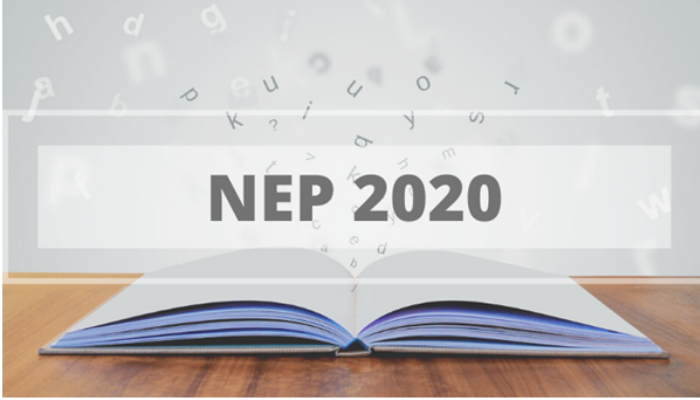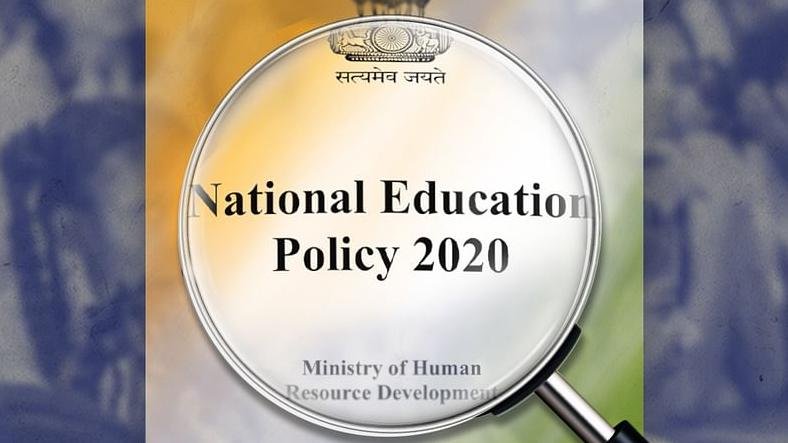The Union Cabinet of India adopted the National Education Policy to our Educational System on July 28, 2020, approximately 34 years after it was first introduced. And that is one of the significant advancements that has been made for a long time. In this essay, we will discuss the major essential features of NEP 2020 and shed some light on the significant sections that will help us better comprehend it.
Early Childhood Education under NEP 2020:
Early Childhood Education is one of the most important and appropriate aspects of National Education Policy. Previously, schooling began at the age of six, but in our new NEP, the age range has been moved to three. It is broken into four sections. In this manner, a student will complete a full 12 years of instruction from the ages of 3 to 18. For the students, the 5+3+3+4 formula has been implemented. Ages 3-8 years, 9-11 years, 12-14 years, and 15-18 years will be the first. Pre-schools / Anganwadis are easily accessible to children of this age group. This is where the National Education Policy 2020 may help.

Mothers Tongue to be instituted for the medium of instruction under National Education Policy 2020:-
As a subject, pupils will be able to choose one of their mother tongues. There will be three subjects in total. This will aid pupils in having a better understanding of their courses. Not only does it provide clarity, but it also makes learning easier for kids. It will be useful until Grade 5 or, if necessary, until Grade 8 and beyond. It will also take into account the fact that it will not be imposed on students in any form. It will be entirely up to the pupils to continue speaking in their native tongue.
A single entity for higher educations under NEP 2020:-
The Higher Education Commission of India (HECI) will now establish a single institution to make all higher education decisions, with the exception of medical and legal education. All must adhere to the same set of accreditation, regulations, and academic criteria. Both private and public higher education institutions must adhere to their own set of rules. College affiliation will be phased out over the next 15 years, according to the plan. In addition, a proper process for giving graded autonomy to colleges must be devised.
Selecting the streams & subject for better growth under NEP 2020:-
According to National Education Policy 2020, the separation of subjects streams must be done carefully. Following that, pupils will have the freedom to choose the subjects that they are interested in. They might pursue their passions by studying the subjects that interest them. This will assist them in making the best job decisions.
The return of FYUP Program under National Education Policy 2020:-
Four Years Graduate Program (FYUP) is a term that refers to a four-year graduate programme. Undergraduate degrees last either three or four years. During this time, pupils will have a variety of escape options. Colleges must issue a certificate to students who wish to leave after completing a one-year or two-year diploma or bachelor’s degree equivalent programme. So, if the students needed to drop out, it would be preferable for them to do so without causing too much trouble.
This is how the National Education Policy 2020 will assist our future generation’s students in getting the most out of it. The policy would be beneficial not just in terms of studying but also in terms of making the best job choices.




